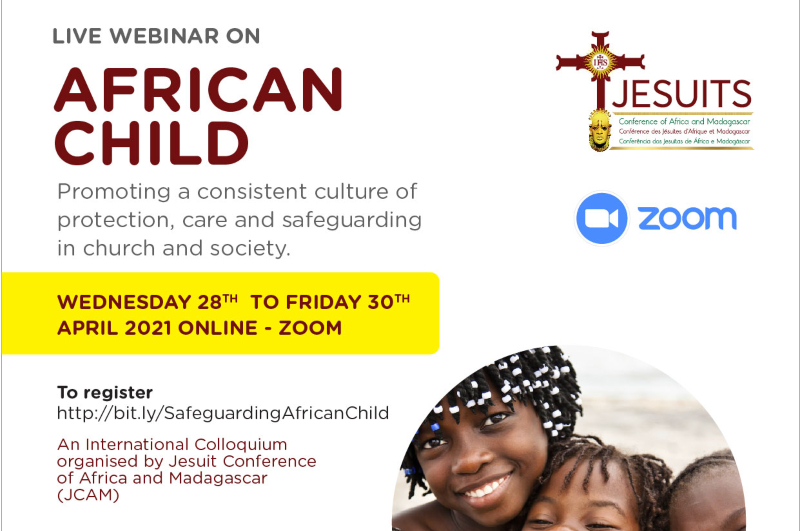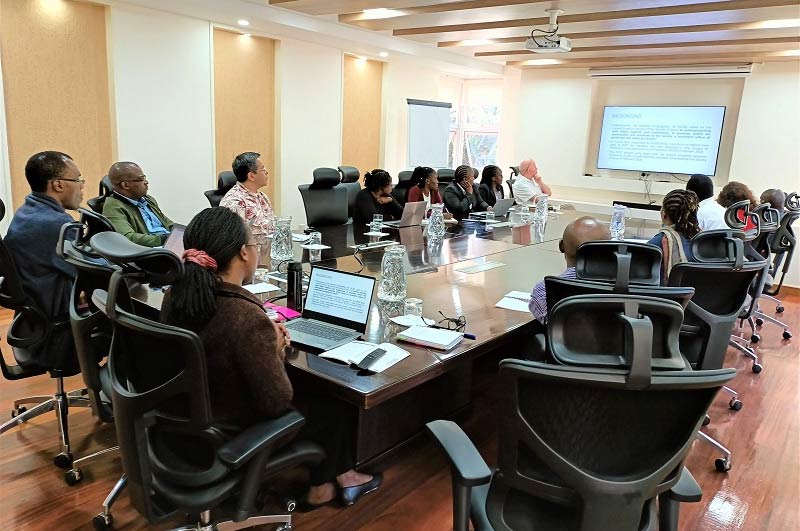


On February 17, 2021, a training workshop on safeguarding was organised in the board room of the Jesuit Conference of Africa and Madagascar (JCAM) at 9 am, EAT.
The objective of the workshop was to present the updated JCAM policy on safeguarding and the protection of minors and vulnerable adults to the entire staff of Africama House.
Introducing the session, Fr. Agbonkhianmeghe E. Orobator, SJ, the JCAM President, reminded the audience of the history of safeguarding within the Society of Jesus. He underscored the fact that the promotion of a consistent culture of safeguarding was a strong mandate resulting from the 36th General Congregation of the Society of Jesus, held in 2016. A training workshop for personnel, therefore, was in line with the standing agreement between provinces and regions in the Jesuit Conference of Africa and Madagascar to implement three minimum standards within Jesuit works and communities. These are the development of policies and guidelines on protection and safeguarding; the development of a set of protocols for case management and, finally, the provision of opportunities and mechanisms for training and formation of personnel.
The animator of the workshop, Ms. Beatrice Mumbi, the JCAM Coordinator for Safeguarding and Child protection, began her presentation by explaining the three guiding principles of the workshop including awareness, the awakening of the consciousness of individual and collective responsibility, and finally action.
After parsing the concepts of safeguarding, child protection, and the protection of vulnerable adults, Ms. Mumbi went forward to elucidate the essential points of the JCAM Child Protection Policy 2020-2023, explaining its scope and highlighting the terms and conditions for its implementation. One of the high points of the presentation was when she expounded on the possible liabilities of JCAM when partners and contractors were not duly informed of JCAM’s engagement to safeguarding and protection according to stipulated state laws as well as Canon Law and Church guidelines. This generated multiple questions especially concerning the possible liabilities linked to the activities of personnel outside work hours. While members were entitled to their privacy and the freedom of engaging in their own activities during their free time, they were reminded that they remained Africama members and, therefore, ought to conduct themselves accordingly in all situations. Participants were further taken through ways of handling issues of safeguarding and also procedures for reporting cases of abuse. During the question-and-answer session when experiences of staff members in other employment situations were brought up, it was clarified that the workshop was specifically for JCAM staff in order to emphasize collective and individual responsibility linked with the Child Protection Policy. By the end of the second hour, it was evident that the key points of the policy were understood by the team as well as the notion that structures and systems did not function in ways that allowed all needs to be covered. In fine, the policy was to serve as a reference point for action.
As the session ended, all agreed that there was a need for further conversations around the issue of safeguarding and the protection of minors and vulnerable adults. It was decided that other sessions were to be planned to follow up on some questions raised. These sessions would also serve to continue to update members on the scope and limitations of the policy. To conclude the session, all members signed a commitment form to report without reserve, all cases of abuse, alleged or real that would come to their attention.
Related Articles
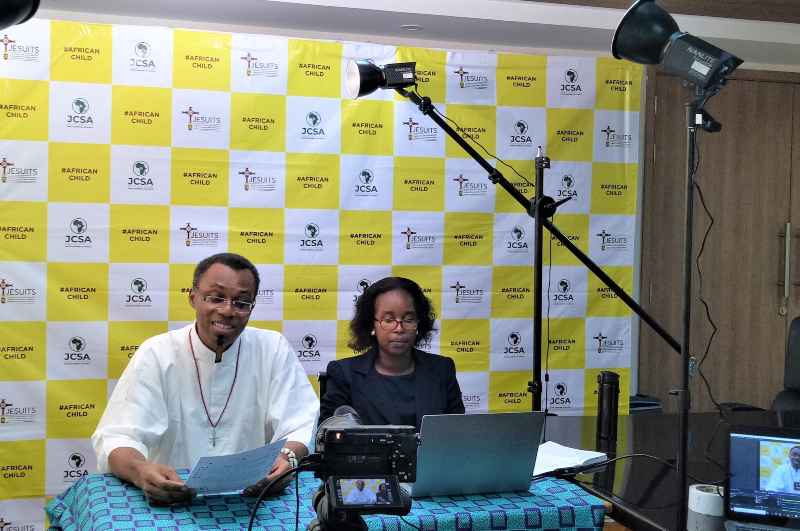
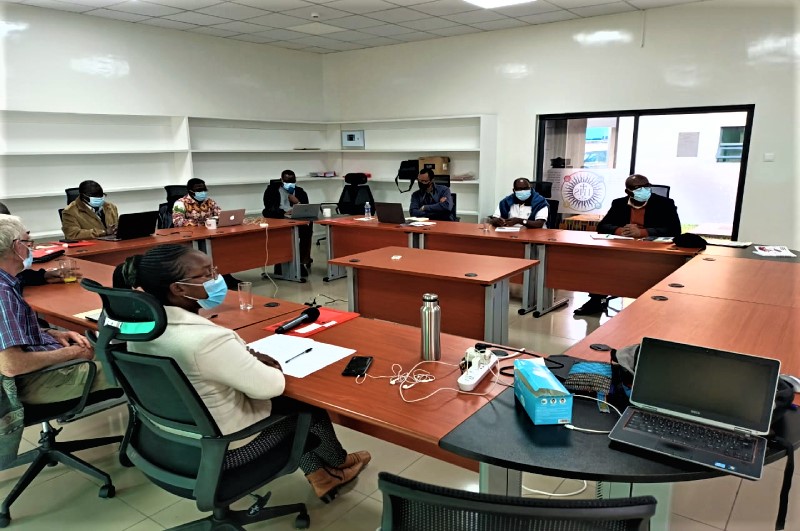
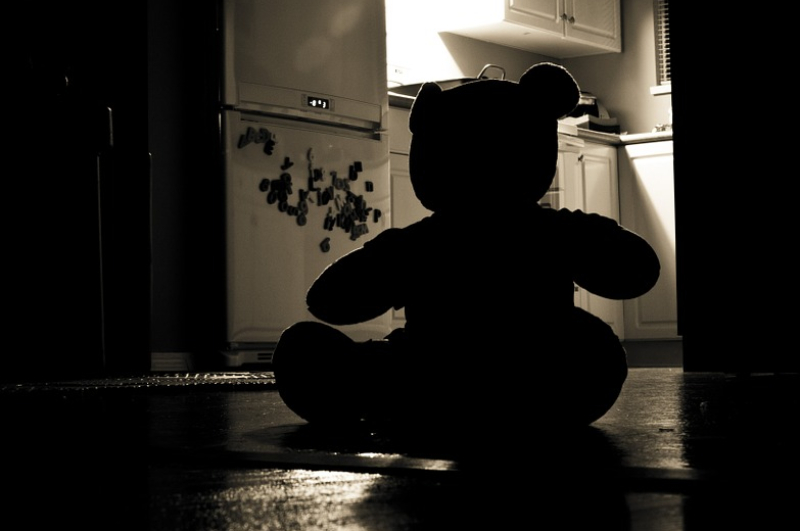
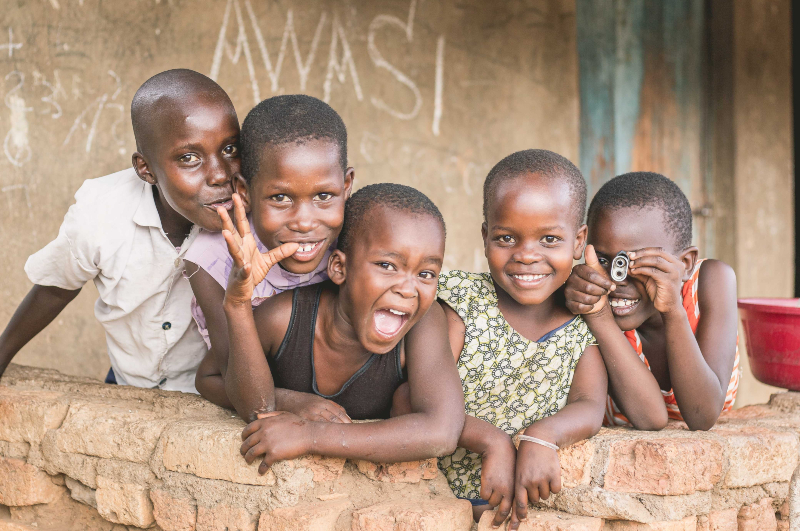
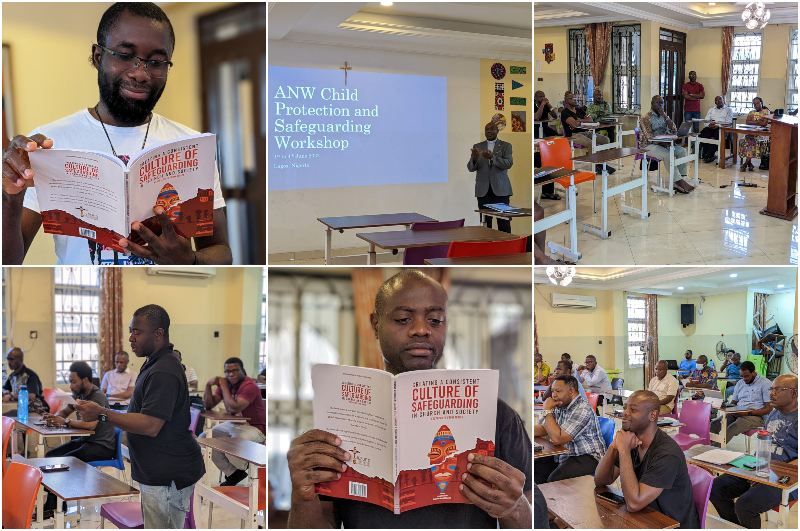
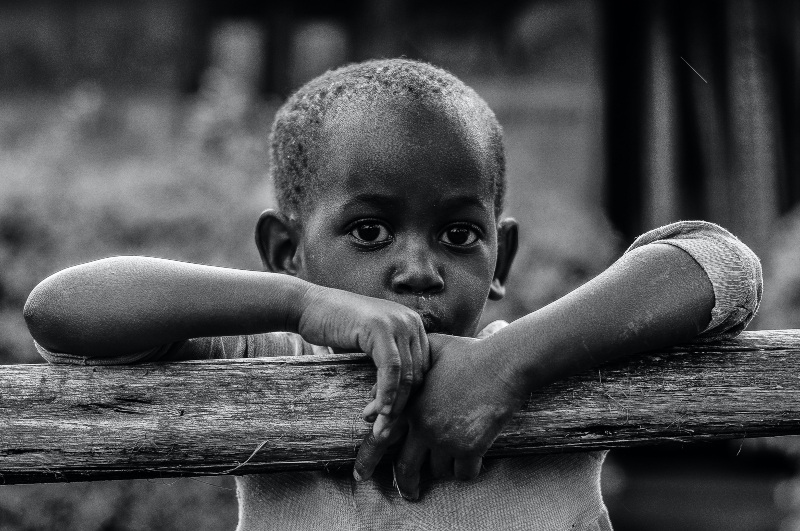
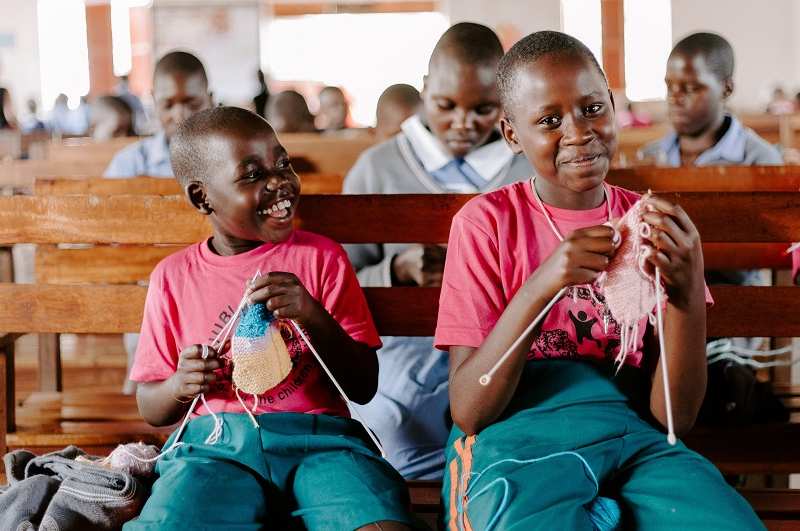
Select Payment Method
Pay by bank transfer
If you wish to make a donation by direct bank transfer please contact Fr Paul Hamill SJ treasurer@jesuits.africa. Fr Paul will get in touch with you about the best method of transfer for you and share account details with you. Donations can be one-off gifts or of any frequency; for example, you might wish to become a regular monthly donor of small amounts; that sort of reliable income can allow for very welcome forward planning in the development of the Society’s works in Africa and Madagascar.
Often it is easier to send a donation to an office within your own country and Fr Paul can advise on how that might be done. In some countries this kind of giving can also be recognised for tax relief and the necessary receipts will be issued.


